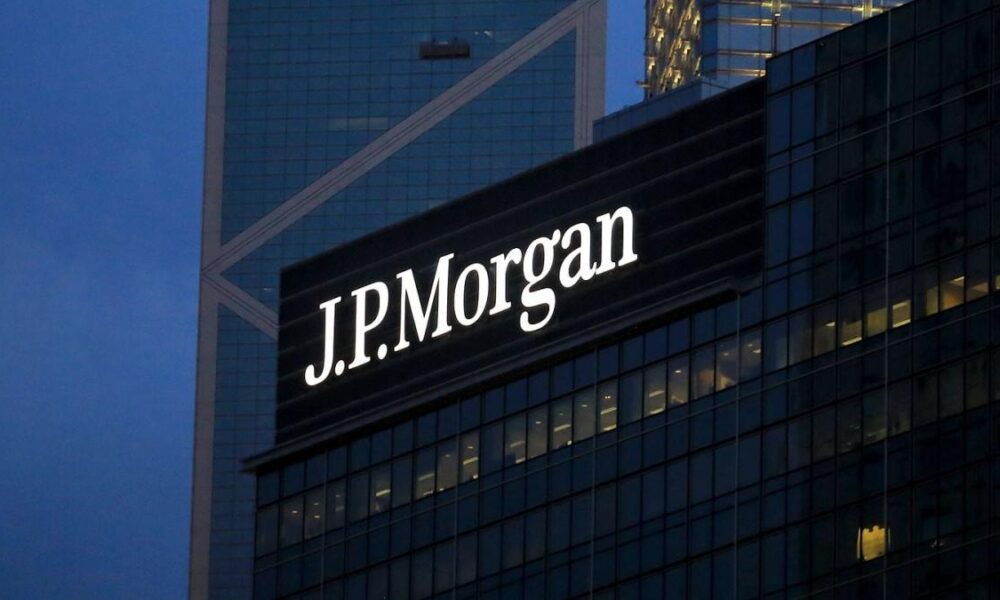Regulation
US crypto regulations oppose a non-compliant CBDC and stablecoins like Tether: JPMorgan

-
Crypto regulatory initiatives have intensified in the United States in recent months, JPMorgan said.
-
The stablecoin bill is very likely to be approved before the presidential election and poses a threat to Tether’s dominance if passed, according to the bank.
-
Issuing a digital currency by the central bank is less likely after the House passed a bill last month prohibiting the Federal Reserve from doing so, the bank said.
US crypto regulations appear to be moving in a direction that opposes the launch of a central bank digital currency, opposes local banks adopting crypto, and opposes non-compliant stablecoins, JPMorgan said (JPM) in a research report.
The bank notes that regulatory initiatives have intensified in the United States in recent months, raising questions about the direction of crypto regulation ahead of the presidential election later this year.
Emerging regulatory initiatives appear to be “against a Fed coin, against US banks engaging in crypto, against non-compliant stablecoins such as Tether {{USDT}}, and against a blanket classification of all tokens apart from Bitcoin {{BTC}} and Ether {{ETH}} as securities,” analysts led by Nikolaos Panigirtzoglou wrote in a report on Wednesday.
THE Stablecoin Payment Clarity Act is more likely to be approved before the November election than three other initiatives, the report said. If passed, the bill would strengthen U.S.-compliant stablecoins, but threaten the dominance non-compliant stablecoins such as tether.
A stablecoin is a type of cryptocurrency typically pegged to the US dollar, although other currencies and assets, such as gold, are also used.
THE Financial Innovation and Technology for the 21st Century Act (FIT21), which passed the House of Representatives last month, must still be approved by the Senate and, ultimately, the president. This is unlikely to happen before the election, the bank said.
JPMorgan notes that Congress passed a resolution rolling back accounting rule SAB 121, which made it harder for banks to keep crypto assets, but the resolution was vetoed by President Joe Biden.
The state’s anti-surveillance Central Bank Digital Currency (CBDC) law is an attempt to block a US CBDC and prevents Federal Reserve banks from offering certain products to consumers and using a digital currency of central bank for monetary policy, the report adds. The House passed the bill prohibition the Federal Reserve to issue a CBDC last month, however, its prospects in the Senate are unclear.
Learn more: Robinhood Wells opinion should not deter possible approval of an Ether Spot ETF: JPMorgan
